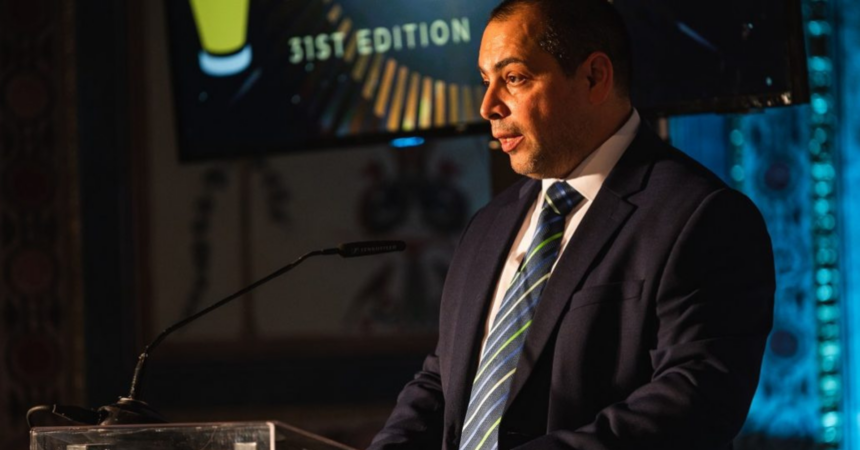The Institute of Maltese Journalists (Istitut Ġurnalisti Maltin, IĠM) said it believed the newly-formed Association of Media Owners (AMO), a self-described lobby group comprising the executive arms of some independent and party-owned media, should not exclude other newsrooms and journalists.
In response to questions by The Shift, IĠM President Matthew Xuereb, who is also an assistant editor at the Times of Malta – one of the companies involved in the AMO – said the “IĠM believes that a wider membership base would be salutary to the media sector” when asked about the AMO’s exclusionary membership criteria.
The formation of the AMO, announced earlier this month, has raised concerns due to the lack of transparency in its set-up.
The six companies involved are Times of Malta publishers Allied Newspapers, owned by the Strickland Foundation, Media.Link, owned by the Nationalist Party; Media Today, owned by Saviour Balzan and Roger Degiorgio; Sound Vision, owned by the Labour Party; The Malta Independent Publishers Standard Publications, and the General Workers’ Union, which owns Union Print.
The IĠM, in itself, comprises journalists from both political parties, with Matthew Xuereb (assistant editor at The Times of Malta) as Chair, and General Secretary Kurt Sansone (editor at Malta Today).
Responding to The Shift’s questions, the IĠM said it was “not involved in the setting up of the AMO and was not privy to the talks that took place.”
The responses mirror individual answers from head editors of The Times, Malta Today, and The Malta Independent, given to the Critical Angle Project, an independent publication, whereby the editors claimed their newsrooms were not consulted before or during the association’s set-up. The statement faced criticism as readers questioned the veracity of the seemingly co-ordinated statements.
Asked by The Shift what the IĠM’s view on forming the AMO was, the IĠM said it “had no say or opinion,” and reiterated its commitment to “represent all working journalists, from whichever media house” and claimed it would “seek to have an open dialogue with the AMO.”
The lobby group’s formation came with little clarity about its statute, the formation of its executive committee, and how members are selected, evaluated and accepted.
The association of independent media with political party media has raised international concern, with media freedom group Reporters Without Borders emphasising that independence from any political influence is a prerequisite of “quality journalism.”
The Daphne Caruana Galizia Foundation drew attention to the fact that the alliance has created a situation where the governing party sits on both sides of the negotiating table.
As the lobby group claims it will negotiate with the government on policies that may harm its members, it has created a situation where, through its media platform, the government can influence decisions before it has to deal with any demands.












